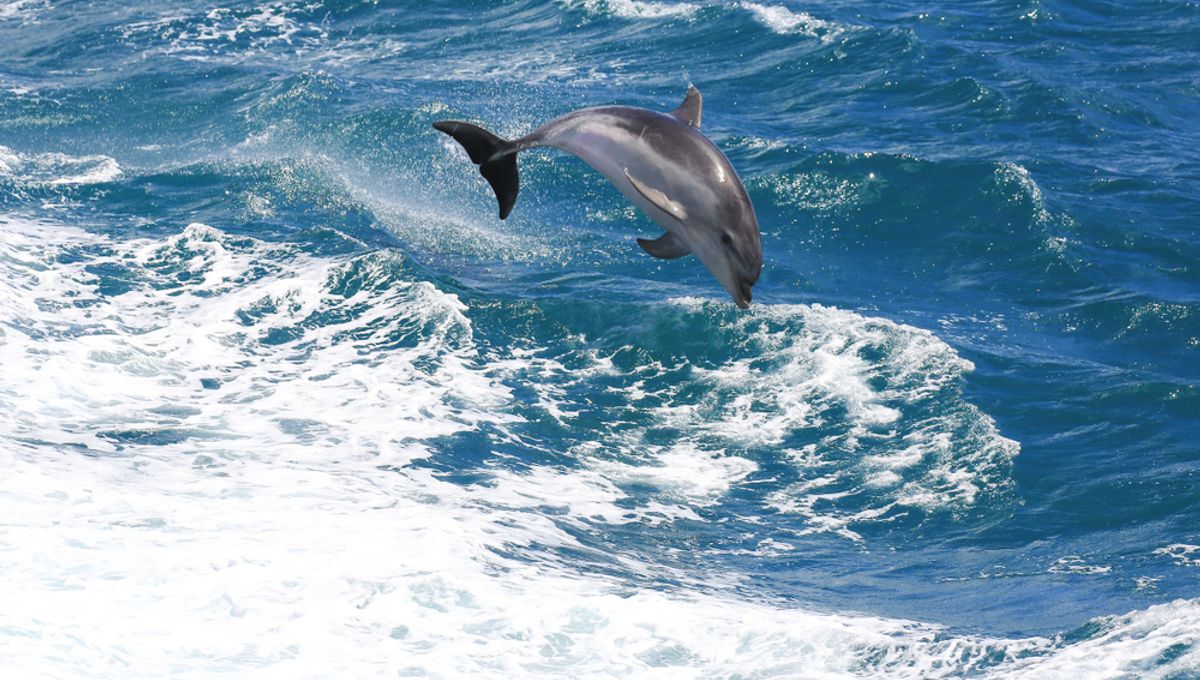
As increasing numbers of dolphins and whales end up stranded on our shores, the largest study on dementia in toothed whales to date has made a startling discovery – the brains of three species display classic markers of Alzheimer’s disease in humans. The research suggests that these animals could end up stuck in these situations as a result of dementia leading them astray, which may also explain why placing them back into the ocean often does little to save them.
The study looked at the brains of 22 odontocetes (toothed whales) that had been stranded in Scottish waters. There were five different species included in the sample – Risso’s dolphins, long-finned pilot whales, white-beaked dolphins, harbour porpoises, and bottlenose dolphins – and the researchers used tissue analysis to look for classic markers of Alzheimer’s disease (AD). Such markers included beta-amyloid plaques, phospho-tau accumulation, and gliosis (fibrous accumulation of glial cells in the central nervous system), all of which are thought to be involved in the onset of neurodegenerative disease.
All of the aged animals showed amyloid-beta plaques, but three of them were particularly interesting. These three whales, which were different species, had similar markers of disease found that would be linked to the spontaneous onset of Alzheimer’s-like disease. Obviously, it is impossible to know whether they were showing the cognitive decline associated with it, but the neuropathological signs were certainly there.
The authors believe that it is possible these animals had cognitive deficits, much like those seen in AD human patients, and may have led their pods astray as part of the “sick-leader” theory. In this theory, one leader animal makes the wrong decision that results in the entire pod of animals washing ashore, which would mean just one of the pod may need to be impaired for disaster to strike.
The study may also be one of the first to demonstrate a likelihood of dementia occurring in animals other than humans.
“These are significant findings that show, for the first time, that the brain pathology in stranded odontocetes is similar to the brains of humans affected by clinical Alzheimer’s disease,” said Lead researcher Dr Mark Dagleish in a statement.
“While it is tempting at this stage to speculate that the presence of these brain lesions in odontocetes indicates that they may also suffer with the cognitive deficits associated with human Alzheimer’s disease, more research must be done to better understand what is happening to these animals.”
The study was published in the European Journal of Neuroscience.
Source Link: Stranded Dolphins' Brains Show Signs Of Alzheimer's-Like Disease